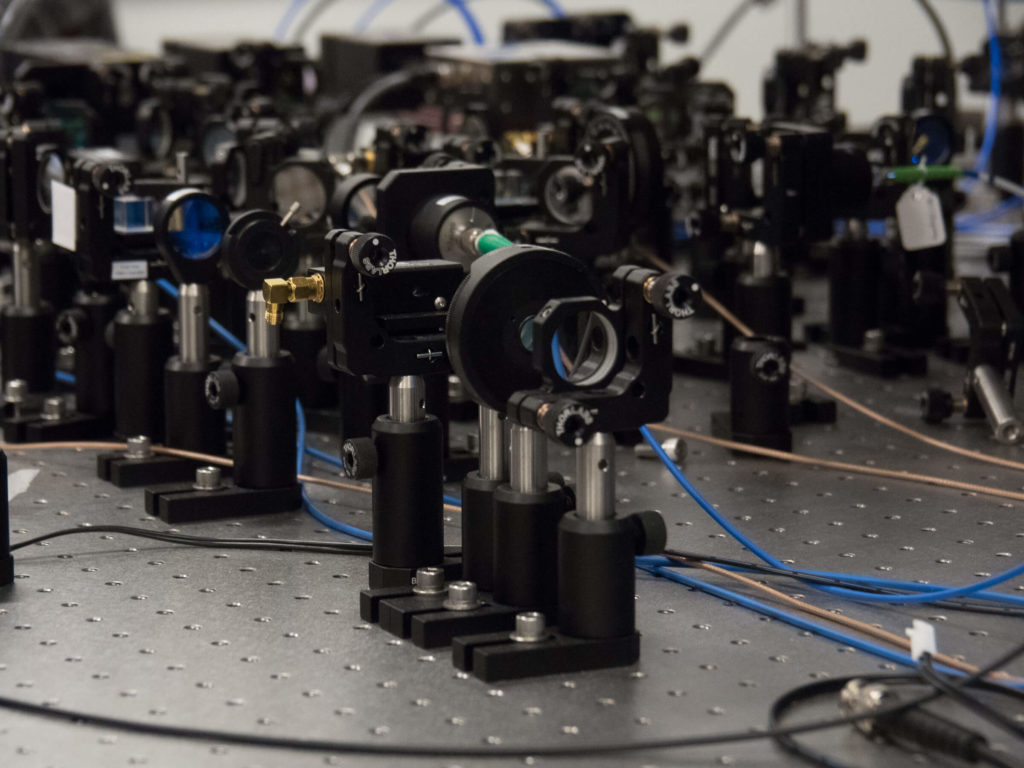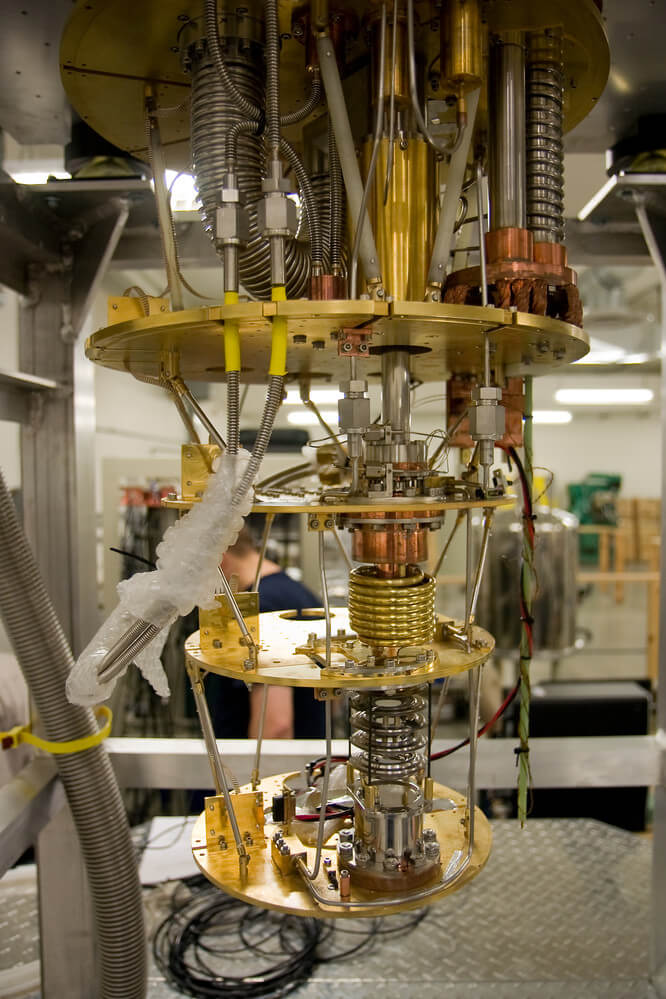Yesterday, the White House Office of Science and Technology Policy’s (OSTP) National Quantum Coordination Office (NQCO) and the U.S. National Science Foundation (NSF) – in coordination with the National Q-12 Education Partnership – convened educators and leaders in Quantum Information Science and Technology (QIST) to explore training and education opportunities for America’s future QIST workforce. Furthering a national strategy to ensure the United States remains an international QIST leader, the event focused on ways to engage young minds in QIST and established tools to help improve early (K-12) education and outreach.
The event also announced U.S. participation in World Quantum Day, an international event to be held on April 14th, 2022, to highlight the many ways quantum has, does, and will impact and benefit all of society.
Press Release OSTP/NSF Jan 2022 Press Release
During the event, OSTP’s NQCO and NSF released the National Strategic Plan for Quantum Information Science and Technology Workforce Development. A product of the National Science and Technology Council Subcommittee on Quantum Information Science (SCQIS), the plan recommends a series of actions and community opportunities to grow the QIST workforce through expanded training and education at all levels.


